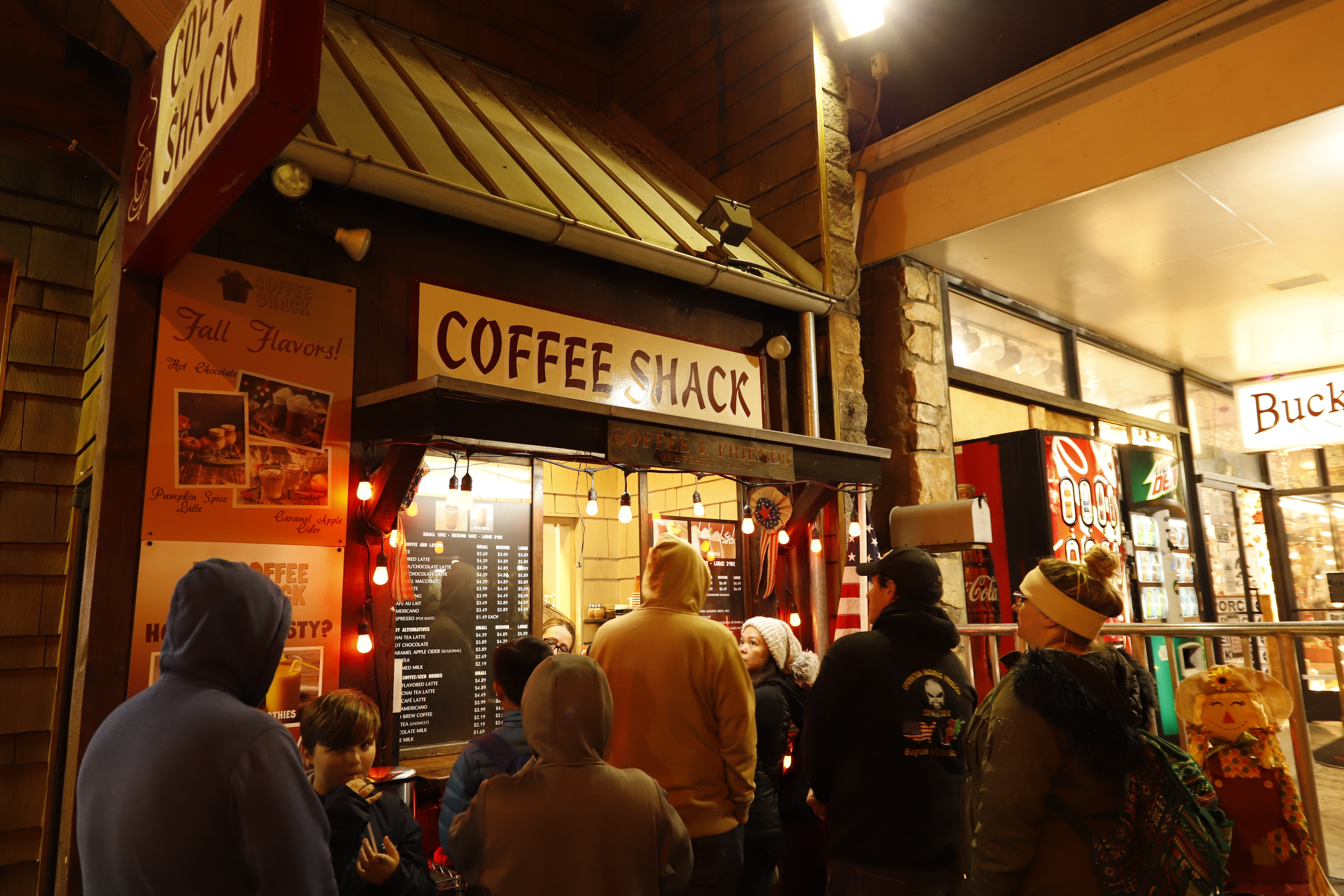
Former Starbucks CEO Howard Schultz has called on the US government to take more measures to support small business in the face of dramatic rates of permanent closure during the Covid-19 crisis. Schultz told CNBC that Starbucks might not have survived the pandemic had it occurred in 1987, when the chain had only 11 stores. The situation for small businesses in America is grim, Schultz claims, and threatens the future growth of the whole US economy.
In a letter to Congress, Schultz and other corporate leaders suggested a small business loan program would be more effective and sustained than the current Paycheck Protection Program (PPP).
Here, consultants discuss the current situation and the future of small business in America.
Financial and cultural consequences
“I fear that too many people in the US do not fully grasp the devastating impact the shutdown resulting from Covid-19 has caused,” says consultant Karen Malody FCSI, principal of Culinary Options in Portland, Oregon. “It is difficult to fathom the length of time it will take to dig ourselves out of this. Small businesses, already operating on tight profit and loss dynamics, rarely have cashflow back up to sustain themselves through something like this.”
The consequences are not only financial, but also cultural.
“Even more sad is the fact that many of these business owners will have to find work elsewhere, possibly in areas in which they were not trained, nor feel passion,” says Malody. “In my mind, the true tragedy here is that small businesses represent the spirit and intent of America – the entrepreneurial, creative energy that drives the heart and soul of our nation.”
Consultant Joseph Schumaker FCSI, president and CEO of FoodSpace, based in Silicon Valley, California, and Boise, Idaho, is more optimistic. “I think it is a bit premature to predict that every small business in the US will perish,” he says.
“Although right now the pandemic has decimated small business, especially in the hospitality sector, many of us will fight through and find ways to survive.”
Funding measures
The government has already committed a historic $700 billion to support small businesses, mainly distributed as PPP loans and grants, The Washington Post reported in May. However, in a letter to Congress, Schultz and other corporate leaders have called for a different, more effective kind of loan, building on the principles of the PPP. They suggest a more “significant and sustained” small business loan program which guarantees loans to small businesses and gives them greater flexibility.
Malody describes some difficulties of loan programs. “For those businesses who are smart, attentive and well-managed operators, they deserve the assistance,” she says. “However, if a business has previously been managed badly, going further in debt to ultimately no avail will not help anyone.
“Getting money to people seems a right thing to do; however, I suspect some guardrails as to whom should be allowed such money and why will be critical.”
“Debt is not the answer,” Schumaker agrees. “If the goal here is to ensure the survival of SMBs [small and medium-sized businesses] then additional programs that help universally keep us going will be necessary. The thought that they are tied to keeping employees must be the primary factor.”
The outlook
Schultz’ statement warns that we might be “looking at the wipeout of every small business in the country over the next couple of years”.
Malody sees smaller operations “dropping like flies”, believing that costly sanitation protocols operators will need to adhere to will mean “they don’t have the cash to reopen and do it right,” she says.
“Those who are forced to close will undoubtedly have learned some valuable and painful lessons about preparedness and granular attention to operational details, but they may never find a way to reopen. Those who manage through this are to be commended, and many of us have applied our best efforts to help them achieve sustained businesses.”
However, there is reason to remain hopeful. “I believe that people in general will return right back to the type of experiences that they wanted and the only way for businesses to deliver these experiences is by small, local and craft opportunities and the custom and variable nature of this human desire is best fulfilled by SMBs,” says Schumaker.
“Only small companies are agile enough to provide the exact moments people are looking for, especially coming out of such a catastrophic world event. Small business will prevail.”
Juliet Martin
Further details:
Interested in learning more about trends, challenges and opportunities in the North American hospitality sector? Please join FCSI’s ‘Future of Foodservice in North America webcast on Wednesday 19 August at 11am (EDT). Places are limited to the first 100 to register. Presented by GlobalData’s Mark Dempsey and supported by Wood Stone, Unox and Multiteria, registration can be made here.
Pictured: The Coffee Shack in downtown Gatlinburg, Tennessee.
